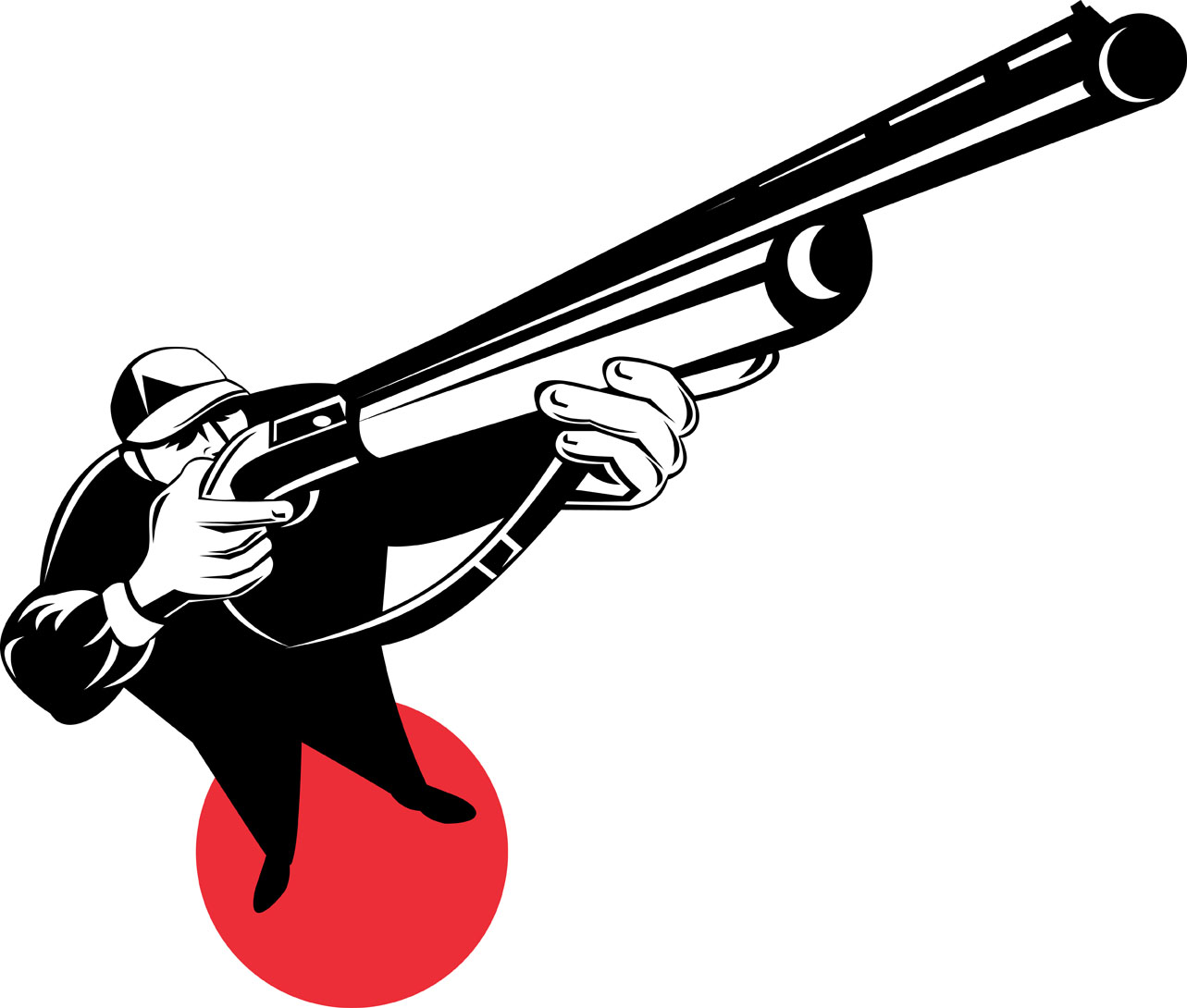
Dictionary.com defines a sniper as someone who: attacks a person or a person’s work with petulant or snide criticism, especially anonymously or from a safe distance.
Have you ever worked with someone who made comments, filled with sarcasm or criticism, in public? It often happens during meetings or in public settings when you are restricted from defending yourself. And the comments are often veiled in sarcasm or presented as back-handed compliments, so it can be difficult to be sure whether the person is being intentionally mean.
Examples of sniping:
Perhaps you showed up at work in a new suit and were greeted with “Oooh, Rhonda’s all dressed up today. Have you got a job interview?” Or, when you arrive late at a meeting, a colleague greets your entrance with, “Nice that you could fit us into your busy schedule.”
How do you respond to situations like that?
Typically, these types of comments are made by a co-worker (as opposed to a supervisor) and her intent is to be funny or to create attention for herself. Unfortunately, such comments are embarrassing for us and uncomfortable. Most importantly, singling you out this way is not funny, nor is it professional. Occasionally it can escalate into a situation that must be dealt with.
What to do:
• Do not snipe back. It is tempting to redirect the humour and attention onto you, showing that you don’t mind the shot. Don’t. This will only make you look unprofessional and it won’t change the behaviour in the future (in fact, it actually encourages it).
• Make very direct eye contact. You know the look; the one your mother gave you in church that said, “stop talking now!” It will require that you hold eye contact about three seconds longer than you’re comfortable doing but it really works.
• If you choose to address the comment, then camouflage the situation. Address the main issue, but don’t address your sniper directly. If you do arrive late for a meeting and your sniper greets you with, “Do you run on the same time zone as the rest of us, Rhonda, or are you special?” your comment might be (to the group or the manager), “I apologize for being late. I was on a phone call with a very important client.”
• Sometimes naiveté is the right approach. Deliberately pretend you don’t see the jab in the comment and play dumb. Don’t laugh, and don’t smile.
• If you have reached your tolerance level with these public jabs, then you must say something to your sniper. It is important that you speak to her in private and be quick and concise with your message: “Yesterday during our staff meeting you called attention to my new suit, suggesting that I was going to a job interview. Please do not do that again.” (Stop talking at this point).
Or, “During our meeting today you made a joke about my suggestion. That made me feel uncomfortable. If you think my ideas are not valid, perhaps we could speak in private instead of you stating your opinion in such a public setting.” (Stop talking).
• If your sniper continues even after a confrontation, you must be willing to speak to her after each and every sniping situation. If you don’t, it becomes a game for her, wondering whether you will speak to her this time or not.
There are very few people who enjoy confrontations and although you will likely not be comfortable approaching the sniper, I can guarantee she will not be comfortable being confronted, either. She will likely shift her sniping to an easier target.
Behaviour that is not addressed will not change. Your sniper is enjoying her humour at your expense, and she’s not going to stop on her own.












